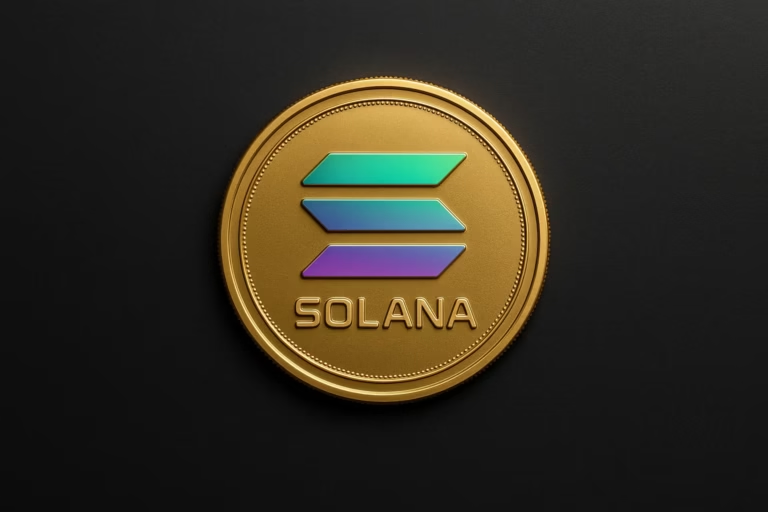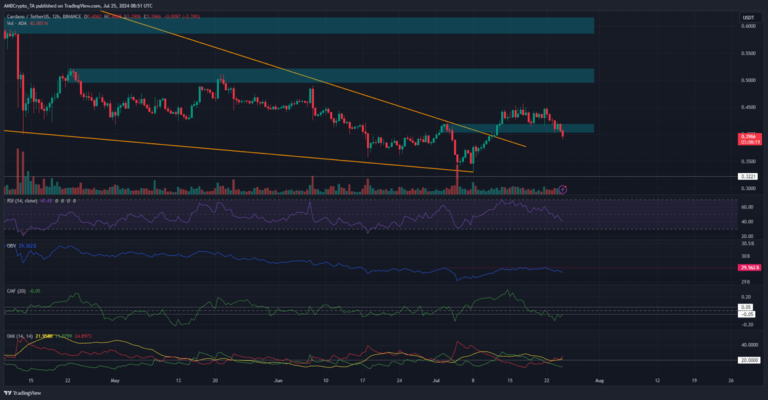
- Binance has halted spot trading pairs with Tether’s USDt and other non-MiCA-compliant tokens in the European Economic Area to meet Markets in Crypto-Assets Regulation (MiCA) requirements, though users can still trade these tokens in perpetual contracts and store them in custody.
- Similar compliance measures have been adopted by Kraken, which restricted USDT to sell-only mode in the EEA, highlighting the regulatory shift in Europe’s crypto landscape.
The cryptocurrency exchange Binance has ceased spot trading pairs with Tether’s USDT for users in the European Economic Area (EEA), a move driven by compliance with the Markets in Crypto-Assets Regulation (MiCA). The decision aligns with Binance’s previously announced plan to delist non-MiCA-compliant tokens by the end of the first quarter of 2025.
MiCA Compliance Leads to Delistings
MiCA, a regulatory framework designed to establish clear guidelines for digital assets across Europe, mandates strict compliance for cryptocurrencies and related tokens. In response, Binance has delisted spot trading pairs for USDt and several other non-compliant tokens. However, EEA users can still hold these tokens in custody and trade them in perpetual contracts, maintaining some trading functionality despite the restrictions.
Industry-Wide Compliance Measures
Binance is not alone in adjusting its offerings to comply with MiCA. Kraken, another major crypto exchange, announced in February that it would restrict USDT trading in the EEA. On March 24, Kraken moved to a sell-only mode for USDT in the region, preventing users from purchasing the affected token.
Besides Tether’s USDt, Binance has also delisted spot trading pairs for Dai, First Digital USD, TrueUSD, Pax Dollar, Anchored Euro, TerraUSD, TerraClassicUSD, and PAX Gold. Kraken’s delisting roadmap includes five tokens: USDT, PayPal USD, Tether EURt, TrueUSD, and TerraClassicUSD.
Custody Services Remain Unaffected
While spot trading is restricted, both Binance and Kraken continue to offer custody and transfer services for non-MiCA-compliant tokens. This decision aligns with guidance from the European Securities and Markets Authority (ESMA), which stated that custody services for such tokens do not breach MiCA laws. However, the ESMA previously advised service providers to halt transactions involving these tokens by March 31, creating some confusion around the rules.
Navigating Regulatory Uncertainty
As Europe tightens its regulatory grip on cryptocurrencies, exchanges must adapt swiftly. While these measures seek to protect investors and bring order to the crypto market, they also raise concerns about stifling innovation. For users, understanding the evolving regulatory landscape is crucial to navigating the future of digital assets in the EEA.






